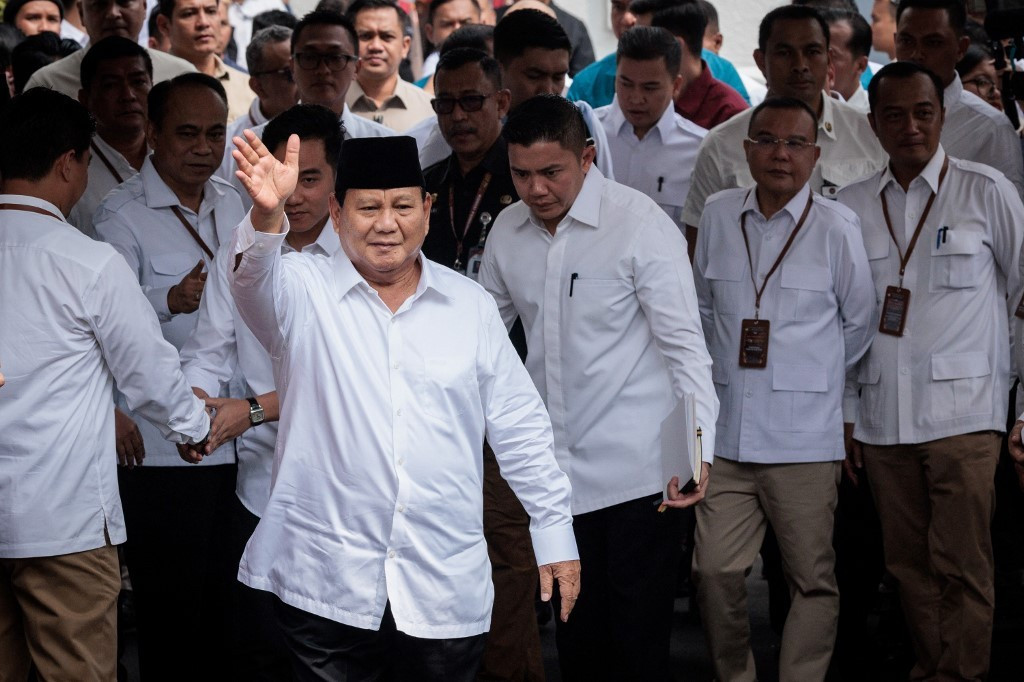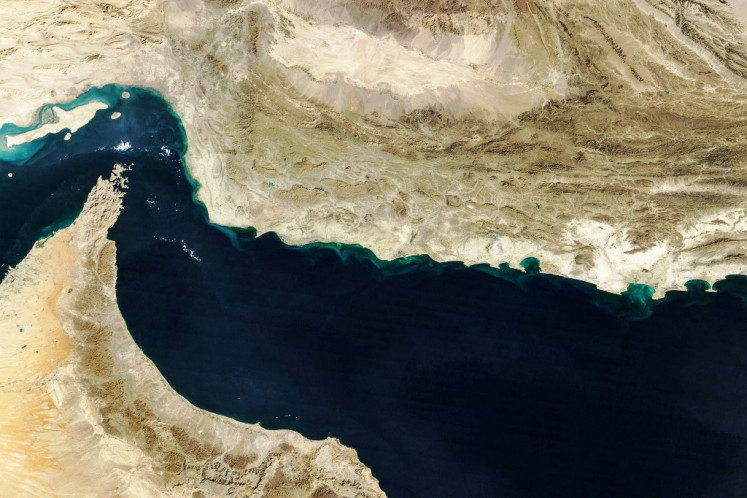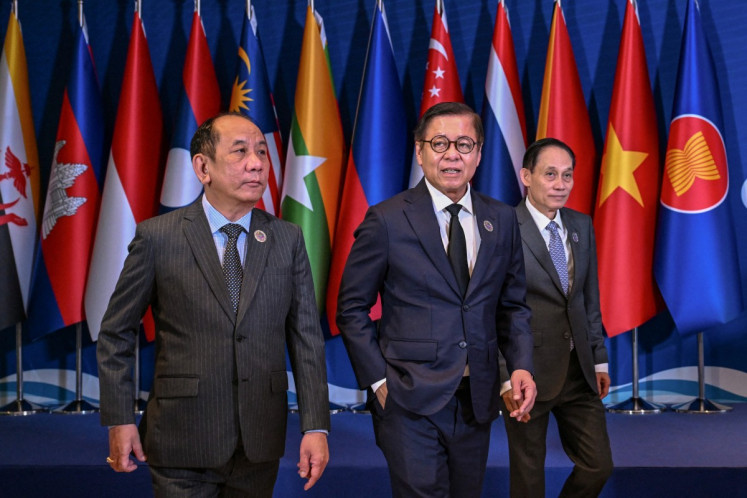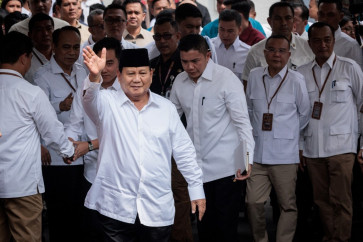Popular Reads
Top Results
Can't find what you're looking for?
View all search resultsPopular Reads
Top Results
Can't find what you're looking for?
View all search resultsAnalysis: Weighing the costs and benefits of Prabowo’s new agencies
Change text size
Gift Premium Articles
to Anyone
O
ne distinctive feature that will characterize the incoming administration of president-elect Prabowo Subianto is an increase in the number of ministries and government agencies. Apart from splitting up existing ministries, Prabowo plans to overhaul the State-Owned Enterprises (SOEs) Ministry and establish his promised state revenue agency.
The House of Representatives has cleared the way for Prabowo to expand his cabinet and form new government agencies by revising the 2008 Ministry Law. The clause that capped the number of ministries at 34 has been removed to allow future administrations flexibility in adding or merging ministries. Among Prabowo’s ambitions once he takes office is boosting state revenue to fund the realization of his campaign promises. For that, he plans to establish a standalone revenue agency comprising the two state revenue arms under the Finance Ministry, namely the tax office and the customs and excise office, as well as the non-tax state revenue (PNBP) branch of the ministry’s budget office. Additionally, the SOEs Ministry will be overhauled to optimize the contribution of SOEs to state revenue, which may include turning the ministry into a non-ministerial government agency (LPNK) to reduce the bureaucratic burden. According to Burhanuddin Abdullah, one of Prabowo’s advisers and president commissioner of state-owned electricity firm PLN, the SOEs Ministry will see institutional and structural transformations starting in January 2025. This includes a plan to establish a super holding for SOEs, which would function as the ultimate parent company for all existing and upcoming holdings across various sectors, similar to Malaysia’s Khazanah and Singapore’s Temasek.
Prabowo was not the first to propose restructuring the SOEs Ministry. In fact, the road map was first laid out by former SOEs minister Tanri Abeng during the short presidency of BJ Habibie. Tanri believed that grouping SOEs into clusters or holding companies would facilitate control and direction. Thus far, the government has established several holding companies, including PT Pupuk Indonesia, which manages state fertilizer companies; PT Indonesia Asahan Aluminium (Inalum), which comprises state mining companies; PT Pertamina, the holding company for oil and gas; and a plantation holding company led by PT Perkebunan Nusantara (PTPN III). Moreover, Prabowo also plans to establish an agency for climate change management and carbon trading (BP3I-TNK) responsible for driving the country’s green economy, which would reportedly be formed through a government regulation (PP), as well as another agency that would manage stock of basic commodities and food, though the latter has yet to be confirmed.
Among the various new agencies to be formed under Prabowo, the state revenue agency has received its fair share of criticism. Center of Economics and Law Studies (Celios) director Bhima Yudhistira, for one, acknowledged that the existence of this new agency would make it easier to implement future tax and customs policies but could also give rise to clashing authorities under the Finance Ministry. Moreover, the establishment of new agencies is an expensive endeavor. Institute for Development of Economics and Finance (INDEF) economist Esther Sri Astuti said it typically took three to five years for a newly established agency to function properly and effectively. This includes the National Nutrition Agency, which was formed in August through a presidential regulation (Perpres) to spearhead Prabowo’s flagship free meals program. Until now, the agency has yet to finalize its organizational structure and currently still operates from a temporary office.
Considering the costliness of establishing new agencies, concerns that Prabowo’s efforts to boost state revenue to fund his ambitious programs and make good on his campaign promises are not unfounded. Unless he plans to run for reelection, Prabowo has five years to demonstrate his leadership and, as he also claimed during his campaign, follow through with his predecessor’s legacy.
What we’ve heard
Overhauling the SOEs Ministry will take time, according to several sources, as it necessitates revisions to the SOEs Law and the State Finance Law. A source said establishing a super holding would prevent the politicians at the House from treating SOEs as their cash cows.



















